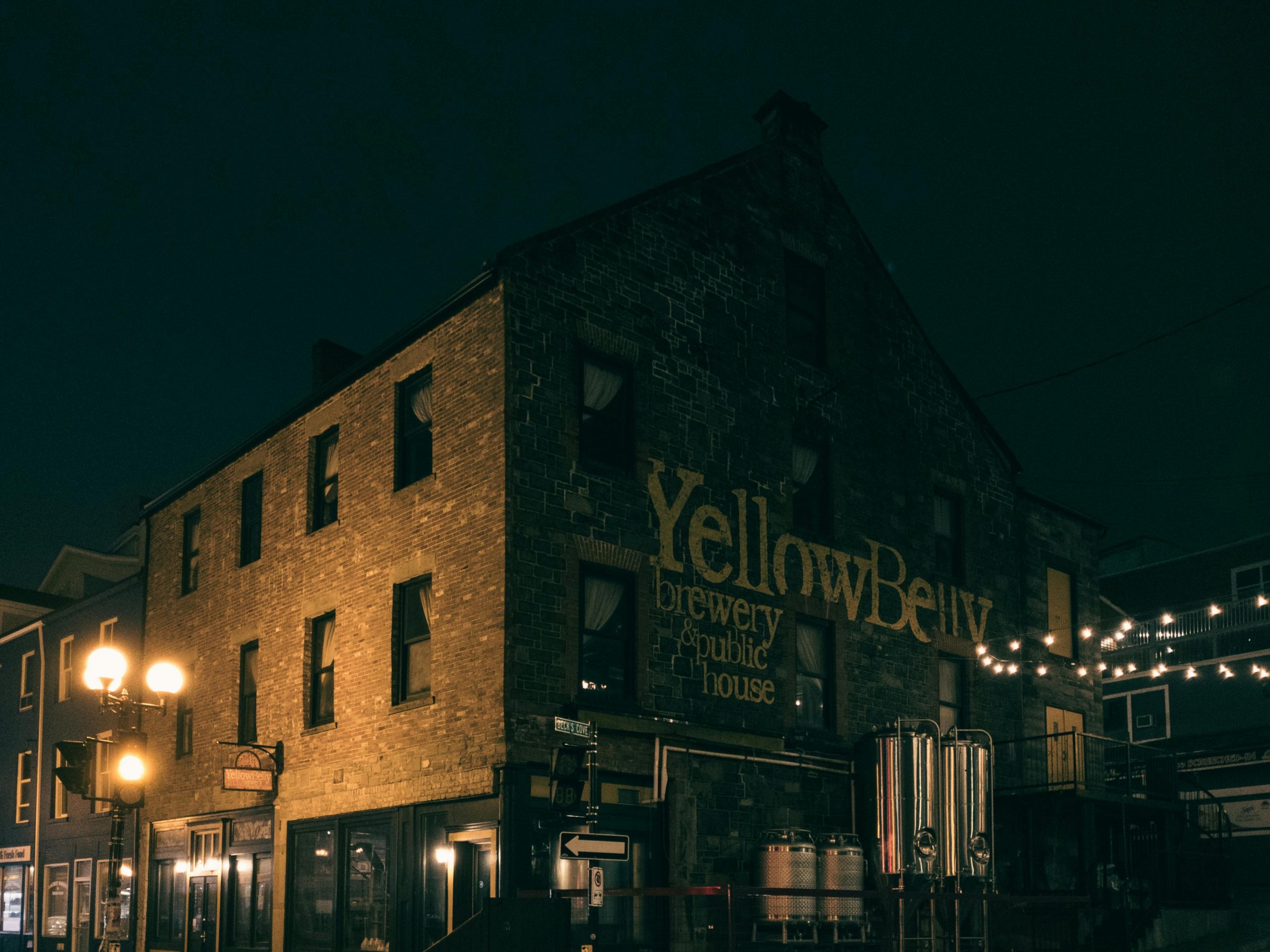Your cart is currently empty!

Steven Coulson
Steven has been drinking beers, wines and spirits for decades and has a propensity to go about them at length after a few drinks.
Latest Posts
- My wife found out our favorite Gin for martinis was discontinued. I think we are good for a while…

- Oregon Road Trip: Freeland Spirits Garden Botanicals Gin

- Botanist with Trader Joe’s Lemon and Elderflower Soda

- I’m one of the worlds leading buyers of craft gin in the world and a international spirit judge AMA

- I’m blown away…. By how let down I am by this Gin.

Categories
Tags
Social Links

Exploring the Psychoactive Properties of Hops in Beer
When it comes to beer, particularly in the realm of India Pale Ales (IPAs), there’s been an ongoing debate regarding the effects of hops. Some may dismiss the notion that hops could have psychoactive properties, but I’m here to present a different perspective.
Recently, I shared my thoughts on how IPAs with exceptionally high International Bitterness Units (IBUs) resonate with me more than their hop-laden counterparts. The responses I received were varied; some enthusiasts concurred with my findings, while others suggested that it might be the elevated alcohol content influencing my experience.
In my quest for understanding, I conducted some informal tests. I discovered that “Cold” IPAs, which have fewer hops yet boast an ABV akin to many West Coast IPAs, don’t generate the same appeal for me. On the other hand, imperial IPAs, often loaded with alcohol but relatively light on hops, also failed to impress. Conversely, a well-crafted West Coast IPA with lower ABV hits all the right notes for me.
What intrigues me the most is the distinct sensation I experience when consuming hoppy beers, which feels markedly different from a typical alcohol buzz. It’s a unique blend of cerebral stimulation and energy that I can’t quite put into words.
This leads me to contemplate whether hops might possess psychoactive properties under specific conditions. Perhaps the fermentation process enhances their bioavailability, or the interaction with alcohol creates a synergistic effect that enables certain compounds in hops to penetrate the blood-brain barrier.
Notably, my experience isn’t indicative of hops sensitivity. I do not encounter any adverse reactions, such as itching or hives; instead, the sensation is purely euphoric.
Furthermore, it’s interesting to consider why hops have been a staple in brewing for centuries. Historically, beer didn’t always contain hops. However, with their discovery, a consensus emerged within the brewing community that hops were an essential ingredient. This longstanding tradition surely stems from a compelling reason worthy of exploration.
In summary, my experiments and reflections suggest there’s more to hops than meets the eye—or the taste buds. As we continue to enjoy and analyze our favorite brews, it’s worth pondering the complex dynamics at play between hops, alcohol, and our perceptions of their effects. Cheers to the possibilities that lie within our cherished ales!
